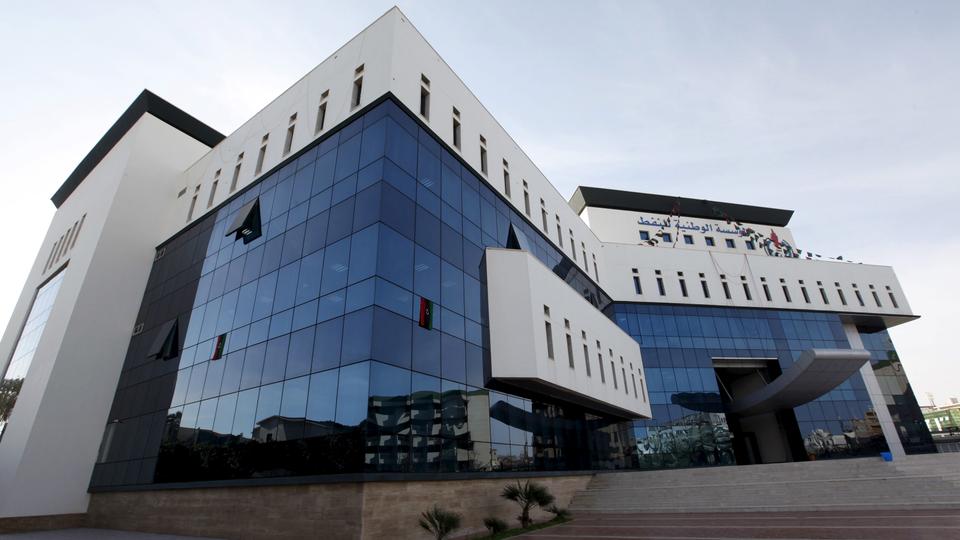Armed forces surround National Oil Company's headquarters in capital Tripoli as PM Dbeibah fires company's chairman, who refuses to step down.

An armed force in Libya has been deployed outside the National Oil Corporation (NOC) headquarters in the capital Tripoli after its chairman Mustafa Sanalla gave a speech rejecting a government decision to sack him.
Wednesday's deployment came after Sanalla said Prime Minister Abdulhamid al Dbeibah's mandate had expired and he did not have the authority to dismiss him as head of the state energy producer.
A spokesperson for the Government of National Unity (or GNU), which is headed by Dbeibah, was not immediately available for comment.
Libya's messy political situation has already removed 850,000 barrels per day from the market this year through a blockade by eastern factions, underlining the risks to the already constricted global energy supply.
Sanalla accused the United Arab Emirates, which previously backed eastern forces during the civil war, of being behind a series of Libyan oil blockades and his sacking.
Dbeibah issued a decision on Tuesday to install Farhat Bengdara in place of Sanalla at the head of a new NOC board and then set up a committee to manage the transition.
Sanalla had repeatedly argued with Dbeibah's oil minister, Mohamed Oun.
"I am present in the corporation and work continues. All the decisions are invalid and your government has expired," said Sanalla, who was out of the country taking part in the Haj pilgrimage in Saudi Arabia when Dbeibah issued the decision to sack him.
Libyan oil
Control over Libya's oil revenues through NOC and the central bank has been the biggest prize for warring factions since the 2011 NATO-backed uprising that began years of chaos.
Sanalla, who was appointed in 2014 by a previous Tripoli government, has become a key figure alongside central bank governor Sadiq al Kabir in maintaining the flow of revenue needed to uphold state services during the conflict.
Though the pair have feuded, they head the two institutions that international agreements have attempted to shield as factions battled for control of state assets.
When some warlord Khalifa Haftar aligned forces positioned themselves in eastern Libya against the UN-backed government in Tripoli from 2014-20 with parallel NOC and central bank branches, United Nations Security Council resolutions ensured oil sales were channeled through the Tripoli-based bodies under Sanalla and Kabir.
Source: Reuters
Social media is bold.
Social media is young.
Social media raises questions.
Social media is not satisfied with an answer.
Social media looks at the big picture.
Social media is interested in every detail.
social media is curious.
Social media is free.
Social media is irreplaceable.
But never irrelevant.
Social media is you.
(With input from news agency language)
If you like this story, share it with a friend!
We are a non-profit organization. Help us financially to keep our journalism free from government and corporate pressure












0 Comments